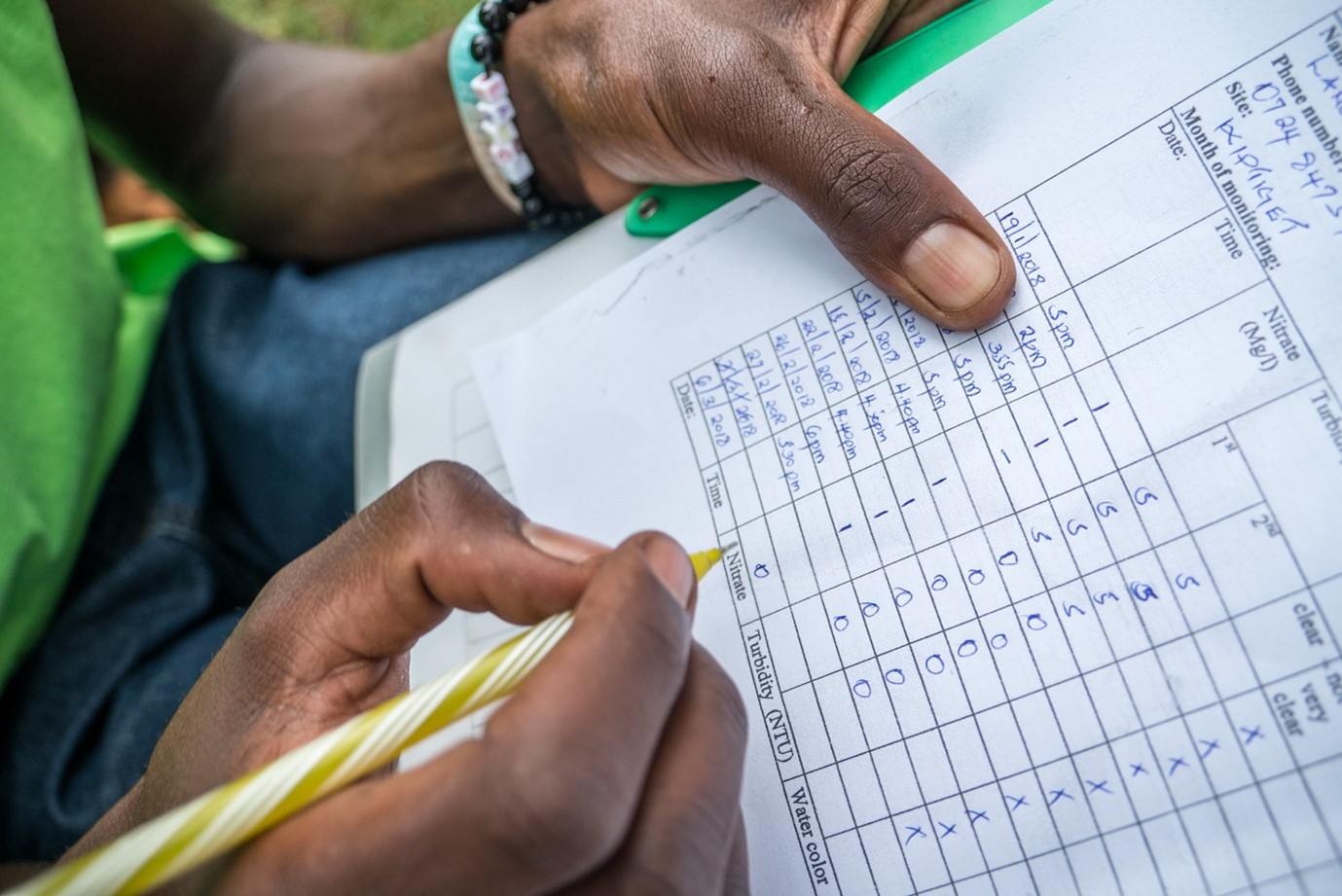We are excited to launch the special issue of the Journal of Development Effectiveness on Transparent, Reproducible and Ethical Evidence. Through the Journal, 3ie has promoted the publication of high-quality research to improve the process of evidence generation and rigor of impact evaluation studies. Last year as well, the journal featured a special issue on integrating cost analysis in impact evaluations and development research, further supporting the advancement of methods in evidence generation. The current special issue continues 3ie’s mission to enhance the evidence-generation process and is dedicated to issues around transparency and ethics in the context of impact evaluations.
We hope that those in evidence generation and practitioners in the field of development research will find the issue insightful and useful for their own research. We trust that this issue will contribute to shaping future research agendas in the domain of transparency and credibility of evidence generation.
Unpacking the special issue
There are six papers in this special issue, including four research papers, one report, and a book review, covering themes around incorporating transparency and ethics in evidence generation. The first paper is by David Evans in which he surveys common ethical concerns with implementing RCTs and proposes a series of practical suggestions to help researchers and policymakers be more mindful of and transparent about ethics while designing, implementing, and reporting results from RCTs and other impact evaluations in development settings.
In the second paper, Douglas MacKay discusses the issue of interventional superiority in the context of evaluations implemented by government institutions. The author argues in favor of the greatest value view, according to which one intervention is superior to another if and only if it is reasonably expected to more effectively realize a set of outcomes with greater value. In the third paper, Prasad et al. outline a checklist to guide replication researchers in drafting replication plans.
The fourth paper is by Patil et al. in which the authors use a case study method to document some of the key health and safety challenges faced by surveyors during primary data collection in India. In addition, they propose best practices around institutional and context-specific measures that can be adopted to mitigate these challenges. In their report, Grant and Khatua discuss various initiatives (such as RIDIE, transparency policy, and push-button replications) undertaken by 3ie towards promoting the uptake of best practices in research transparency and replication amongst grantees and study teams. Finally, Sturdy provides a review of the book titled ‘Ethics for Evaluation: Beyond “Doing No Harm” to “Tackling Bad” and “Doing Good”’.
Leading by example
In the Journal of Development Effectiveness (JDEff), we have actively taken measures to walk the talk and lead by example. As a first among social science journals, JDEff recently adopted a position on authorship, ethics and transparency aligned with ideas raised in the articles in this special issue. The first step requires a short author reflexivity statement to be published alongside any article for research involving primary data collection in low- and middle-income countries. The statement will explain the contribution of each author and contribute to more equity and fairness in terms of giving credit.
The second step will accompany papers that report on primary research that includes interviews with vulnerable groups. For these, authors will need to answer a set of questions about research ethics. Publication in the journal will be subject to an assessment of whether the work was conducted in an equitable, inclusive and ethical manner. We hope that such good practice eventually becomes the default behavior among social science journals.
To submit an article to the journal, please read the guidance here.








